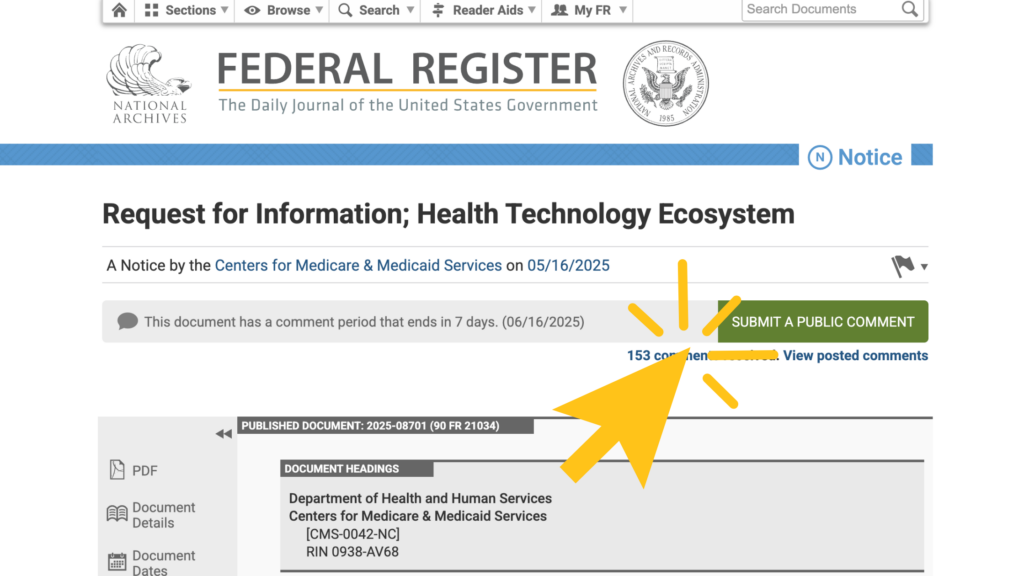Caring for a loved one with dementia can be overwhelming. The Centers for Medicare & Medicaid Services (CMS) recently introduced an innovative program to support those diagnosed with dementia and their caregivers. Let’s dive into the GUIDE Model, a Medicare-reimbursed initiative, and explore what it offers, how you can qualify, and what to expect. If you are looking for an available program in your state, check out Discover Established GUIDE Model Participants in Your State!
What is the Medicare GUIDE Dementia Model?
The GUIDE (Guiding an Improved Dementia Experience) Model is a groundbreaking approach designed to provide comprehensive care management and support for individuals with dementia and their caregivers. This model has two tracks: an established program track and a new program track.
Participants in the GUIDE Model focus on developing program workflows, hiring and training staff, and building relationships with community organizations. Established organizations must be ready to start providing services and billing Medicare by July 2024, with new organizations beginning July 2025.
What Can Caregivers and Patients Expect?
Caregivers and patients can expect a robust support system through the GUIDE Model. Key features include:
- Comprehensive Assessments: Before supporting a patient in a GUIDE program, a thorough assessment will be conducted to determine dementia stage and caregiver needs.
- Tiered Care: Depending on the dementia stage and caregiver situation, patients will be categorized into different tiers, each with tailored support and contact frequency.
- Care Navigators: These professionals, trained in dementia care, will guide patients and caregivers through the care process.
- 24/7 Support: An after-hours helpline ensures continuous support for emergencies or urgent questions.
- Respite Services: To alleviate caregiver burden, a defined amount of respite services will be available annually.
How to Qualify for the GUIDE Model?
To qualify for the GUIDE Model, a beneficiary must meet the following criteria:
- Have a clinician-confirmed dementia diagnosis.
- Be enrolled in Medicare Parts A and B (not enrolled in Medicare Advantage or PACE programs).
- Not have elected the Medicare hospice benefit.
- Not be a long-term nursing home resident.
Beneficiaries must consent to receive services from a GUIDE Participant, who will then submit their information to CMS for eligibility confirmation.
How Do GUIDE Programs Operate?
The GUIDE Model operates through a tiered payment structure based on the complexity of the Medicare patient’s condition and caregiver needs. Here’s how it works:
- Monthly Payments: Those organizations who participate will receive a dementia care management payment (DCMP) per beneficiary per month, adjusted geographically and by performance metrics.
- Comprehensive Assessments: Initial assessments and re-assessments are covered by the DCMP. Participants must use approved tools like the Clinical Dementia Rating (CDR) and the Zarit Burden Interview (ZBI) to measure dementia stage and caregiver burden.
- 24/7 Access: GUIDE Participants must provide round-the-clock access to care team members or maintain an after-hours helpline.
- Data Reporting: Participants report quality data, care delivery data, beneficiary assessments, and sociodemographic information to CMS, ensuring high-quality and equitable care.
How to Get Started?
If you or a loved one is diagnosed with dementia and might benefit from the GUIDE Model, here are steps to take:
- Visit the CMS Innovation Center: Learn more about the Guiding an Improved Dementia Experience (GUIDE) Model
- Find a Program in your State: Check out Primary Record’s List of the 96 established programs that went live July 1, 2024. Information on the 295 New programs that will be live on July 1, 2025 will be coming soon!
- Contact a GUIDE Participant: Discuss your eligibility and consent to receive services.
- Comprehensive Assessment: Undergo an initial assessment to determine your care needs.
- Begin Services: Once aligned with a GUIDE Participant, you can start receiving tailored dementia care and support.
For immediate assistance and more information, contact 1-800-MEDICARE.
Conclusion
The GUIDE Model represents a significant advancement in dementia care. It offers structured support and respite services for caregivers and comprehensive care management for patients living with dementia. By understanding the qualification criteria and operational framework, families can better navigate the challenges of dementia care and improve the quality of life for their loved ones.
Stay informed and proactive in managing dementia care with the resources and support the GUIDE Model provides!







